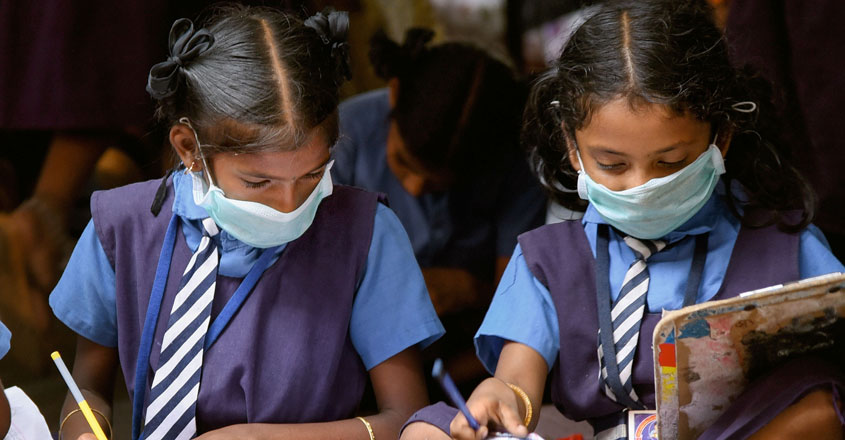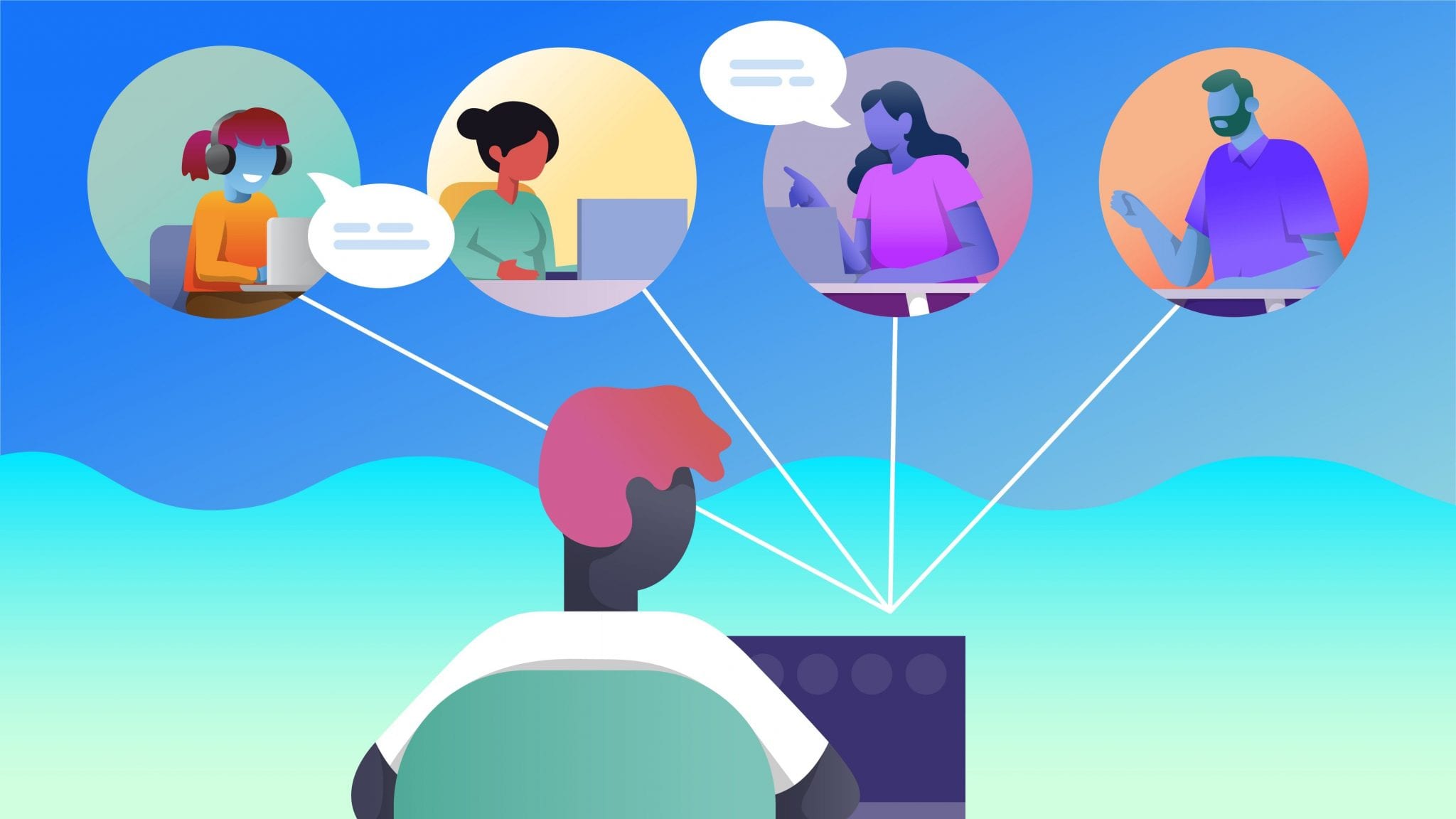 |
| Source - Google |
As the COVID-19 cases rise in India, there is justified pressure to keep universities closed. From schools giving mass promotion to giving online coursework to college students to office staff working from home, the internet is the answer to many problems. But what about the billions of people who can’t get online?
Among the many inequalities exposed by COVID-19, the digital divide is not only one of the starkest, but also among the most surprising. Internet access at home is pitifully low in India, particularly those households belonging to rural India, having the worst internet access problems. According to World Health Organization WHO, 3.7 billion people in the world have no internet access and most of the people reside in the poorer countries, where the need to spread information on how to combat COVID-19 is most urgent. According to data collected by the National Sample Survey as a part of the Survey on Education (2014), only 27% of households in India have some members having access to the Internet. In fact, only half of the households that have any access to the internet, own a computing device, including smartphones. There is an urban-rural divide; 27% have access to the internet in urban areas and only 5% in rural areas.
 |
| Source - Google |
Zooming into student’s lives with online classes, the ages-old video conferencing has taken over the world by storm. Most Deans look hopefully at an online solution to the unexpected advent of COVID-19. While it would be fairly easy to connect to one set of students, reaching others through the internet would be tough. At the same time, compliance with physical attendance is easier to identify compared to unearthing the non-compliance of e-attendance. Then, not only would pedagogy be compromised, but the inequity in terms of what one can deliver to students, can be glaring. Given the current crisis, this does not auger well for holding online classes for students who have gone back home. It is perhaps this view that makes people apprehensive about online classes.
To decrease the digital divide gap, we must tackle the problems of internet affordability, low awareness & education levels, and poor infrastructure.
A large group of people cannot access online courses provided by their university and are also unable to use the internet in general due to the high costs involved in buying a device, getting an internet connection, etc. The government can give tariff subsidies to encourage users to buy these goods. Internet service providers can provide users affordable plans which can give optimum internet speed in remote areas as well, which comes under good internet infrastructure i.e. physical hardware, transmission, and software used to interconnect computers and users on the Internet.
According to research, the top barrier to internet penetration in developing countries is relevance in the native ecosystem. This is because, in most cases, people cannot find content, online services, or web and mobile applications in their primary language. Moreover, most people in rural areas lack the necessary prerequisite education to understand a lot of online content. To encourage internet adoption in such places, local content and applications need to be developed in languages that can be understood by the local populace. Besides this, privacy, trust, and data security issues that tend to scare away many potential users need to be addressed by formulating policy frameworks that ensure online websites protect their users’ data and online activity.
By Kanksha Anjaria
(IITRAM Student)

Comments
Post a Comment